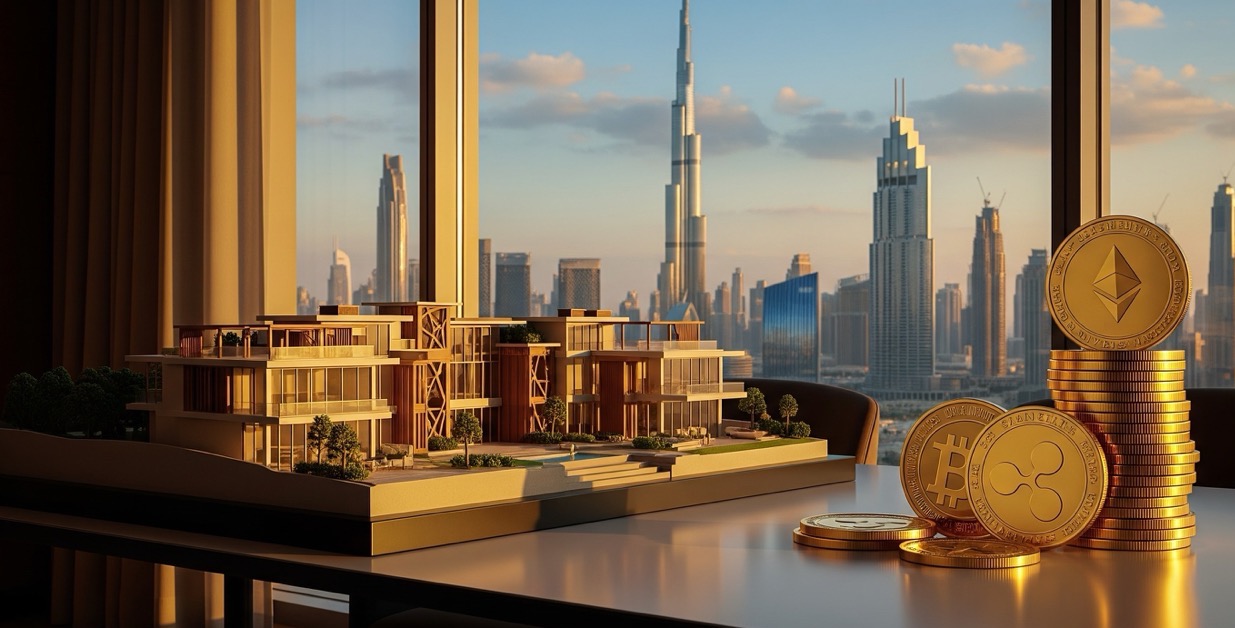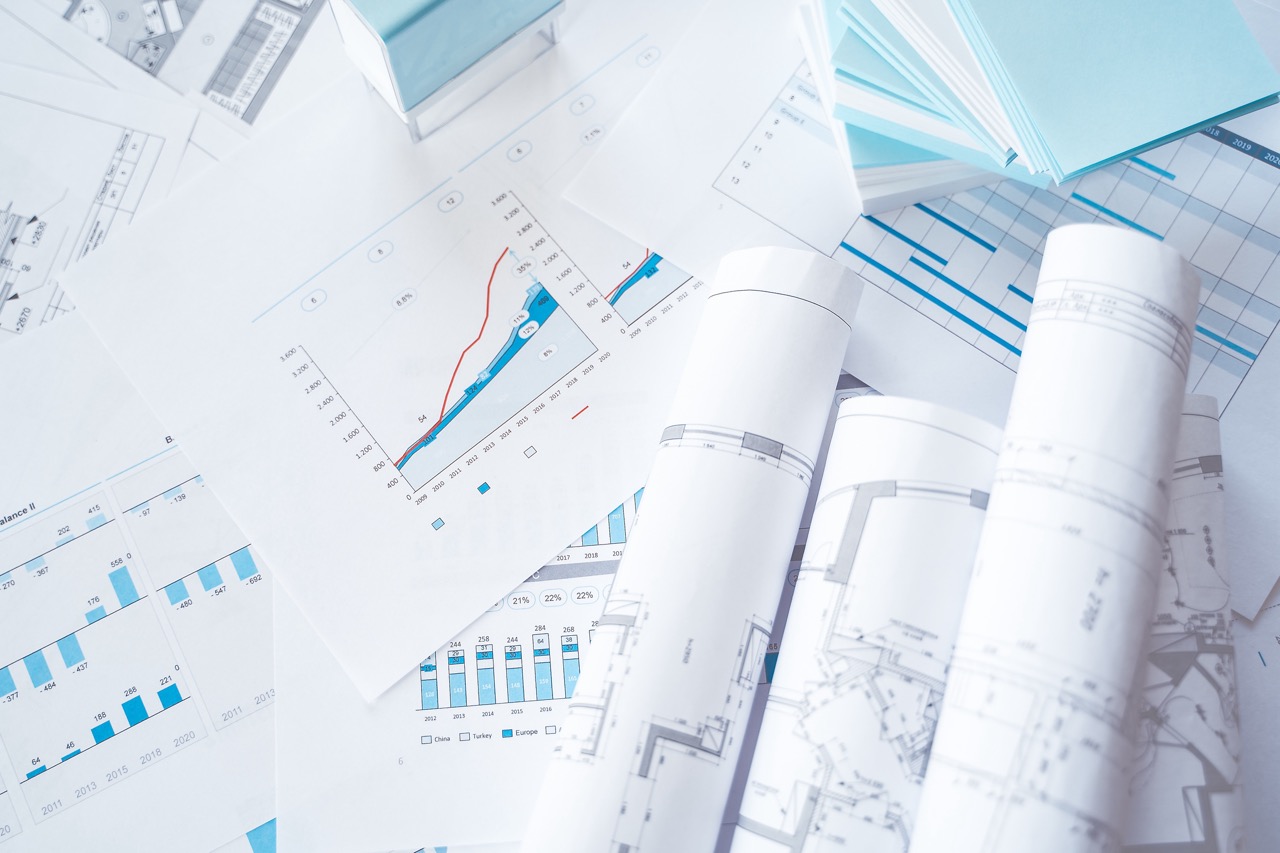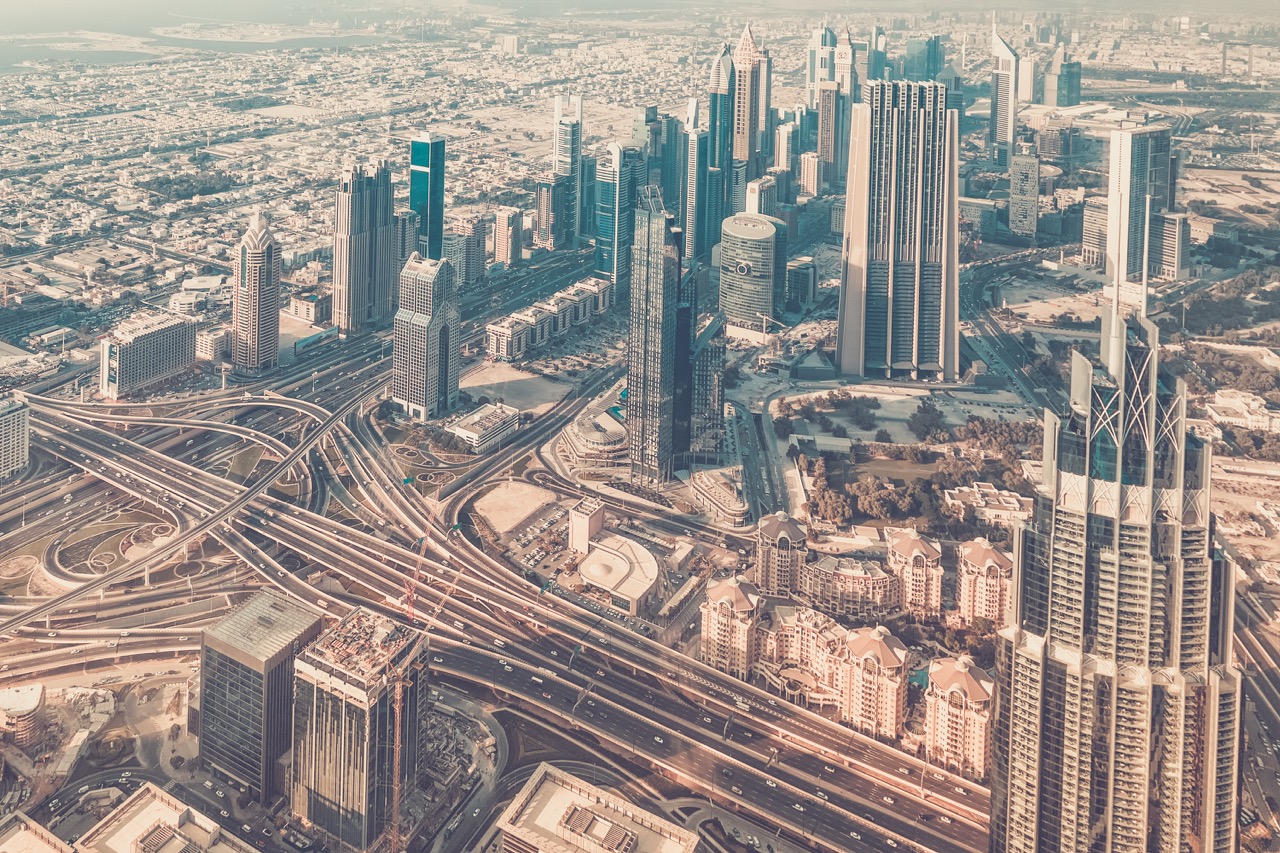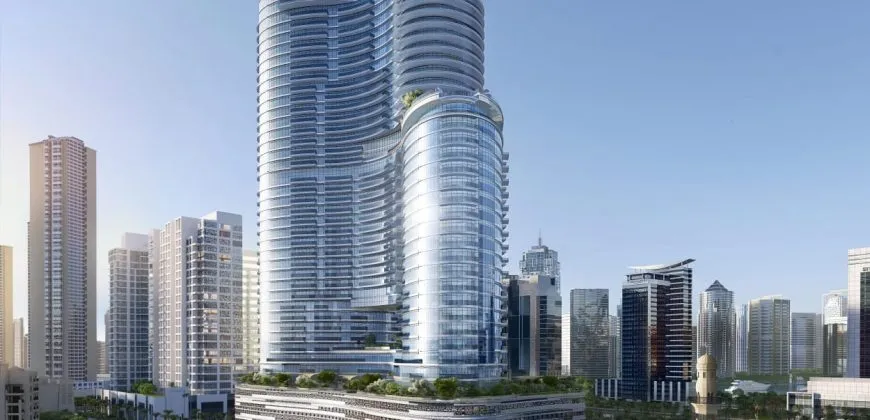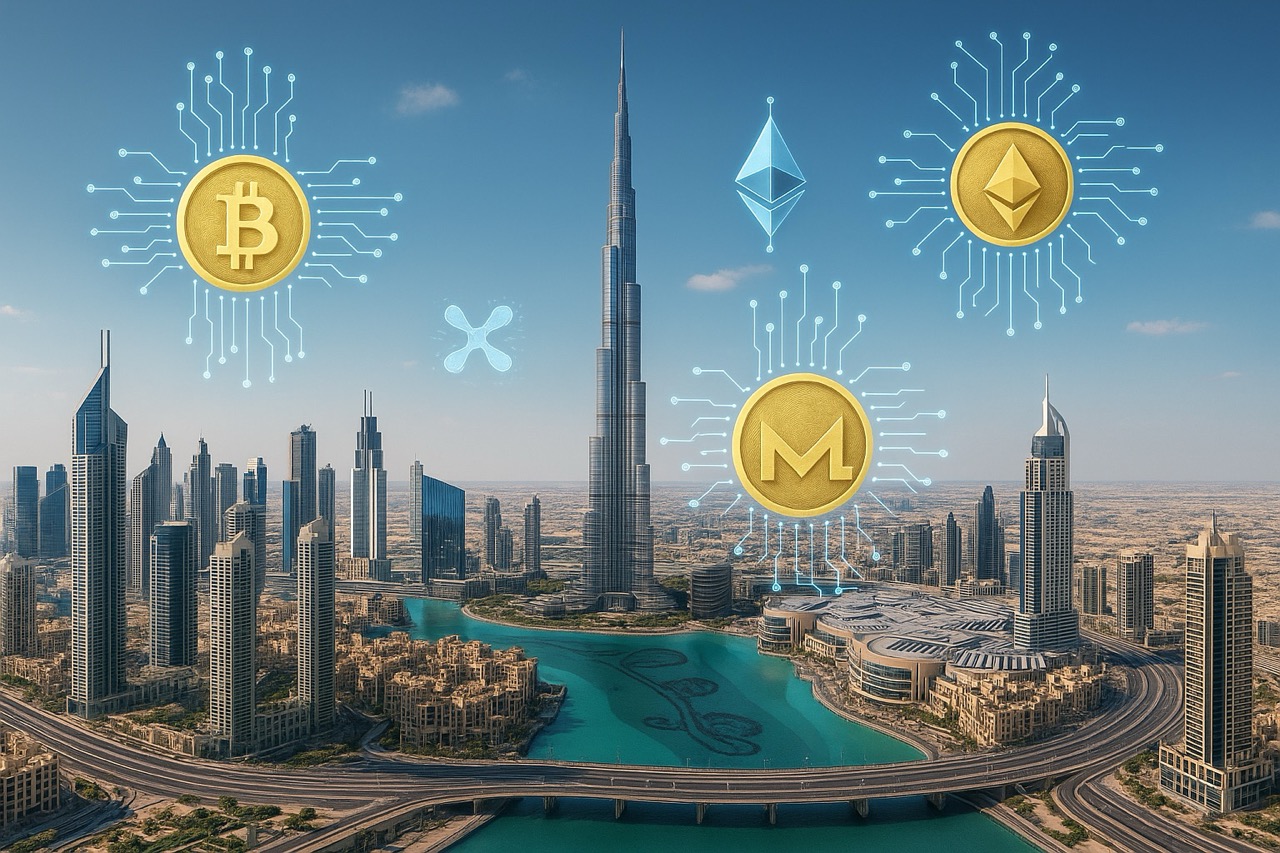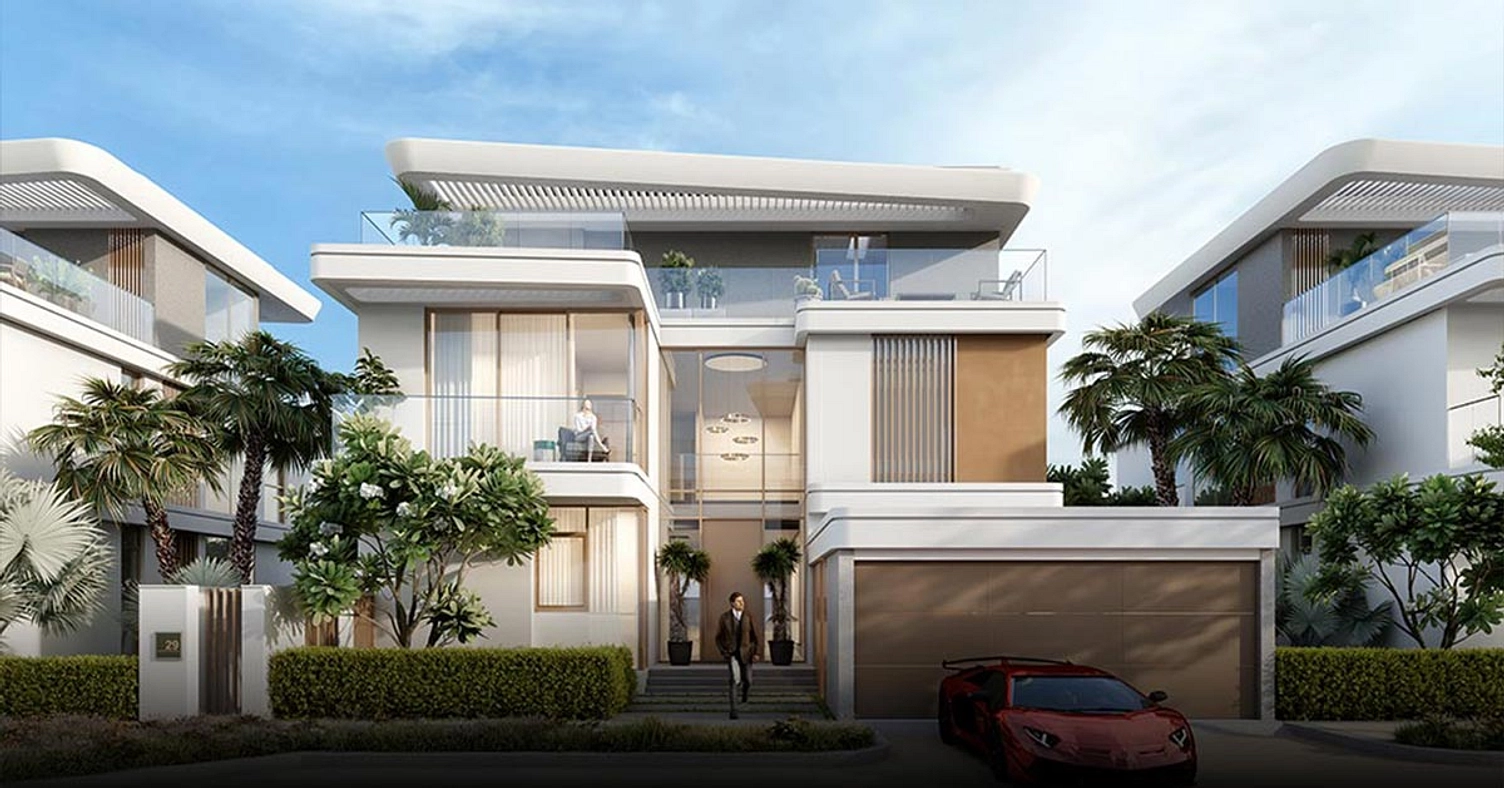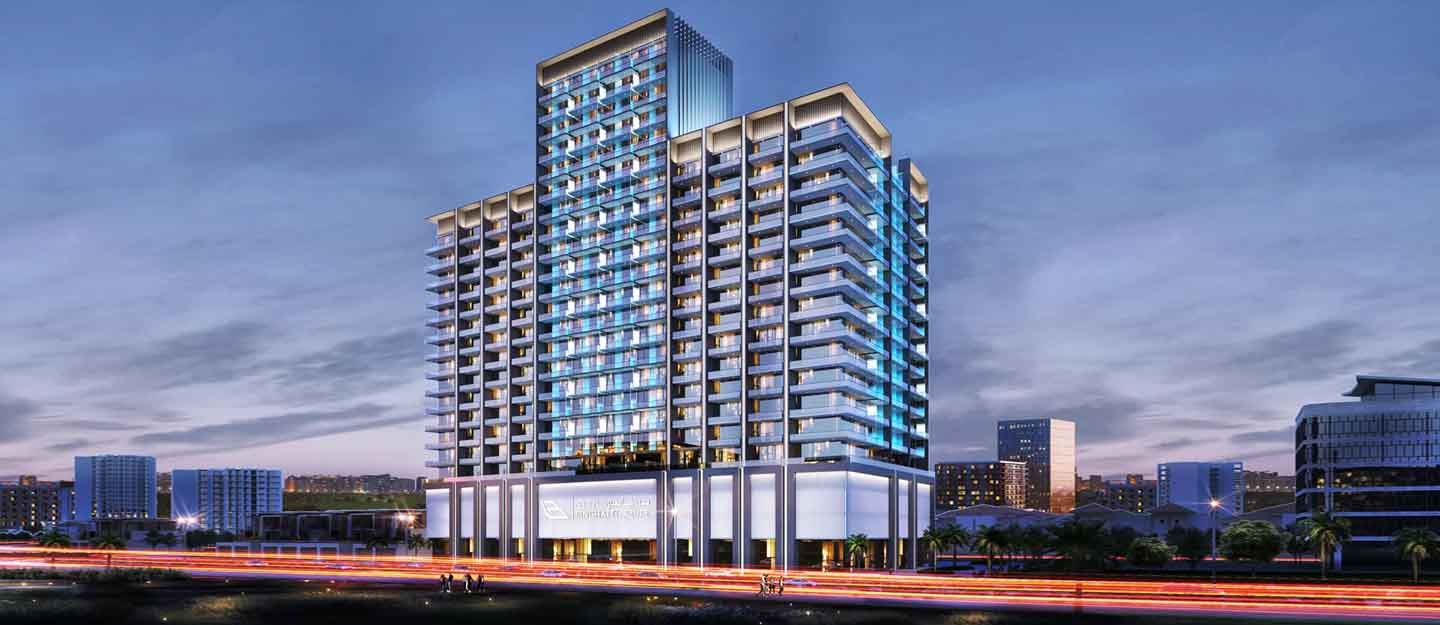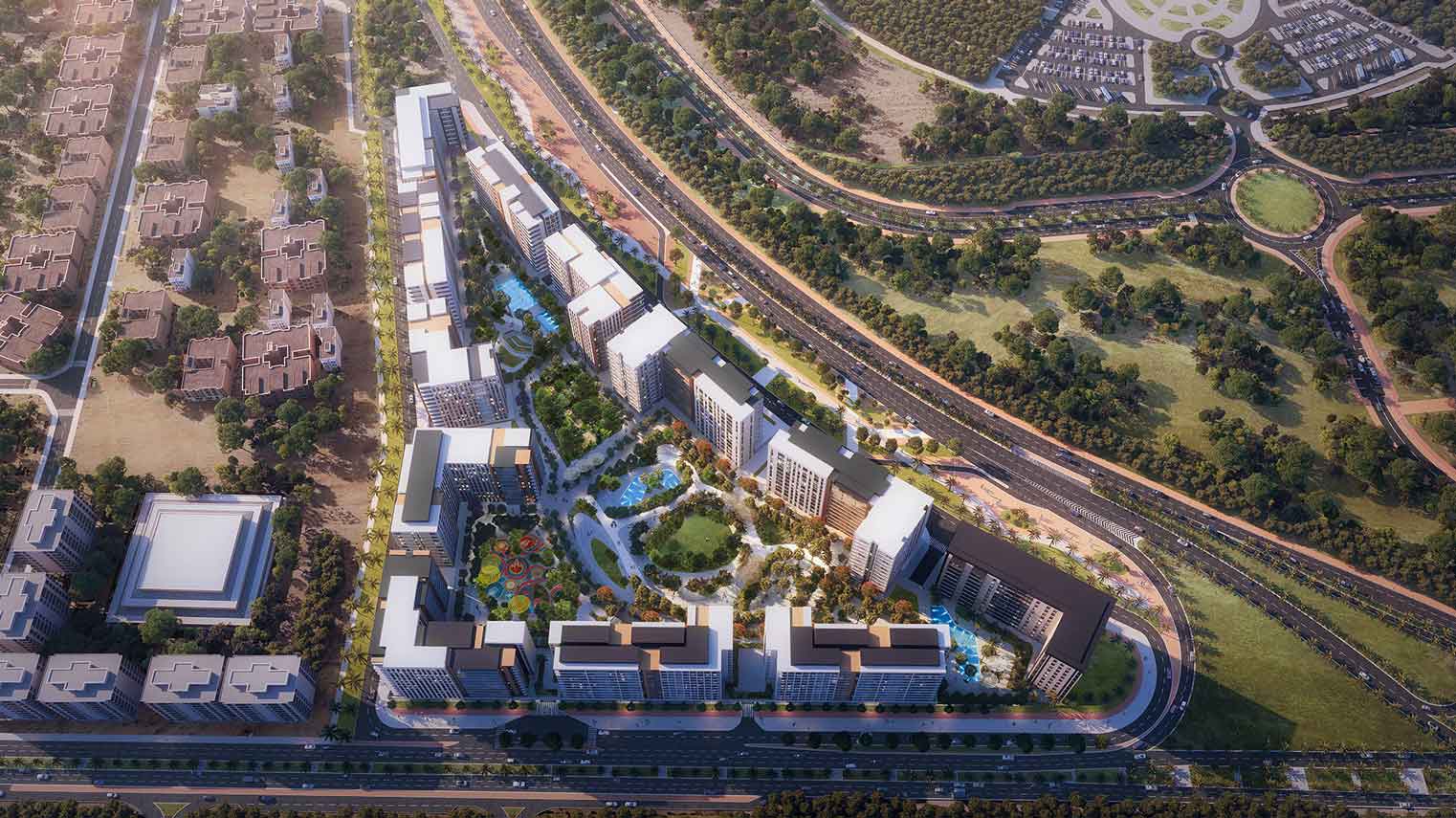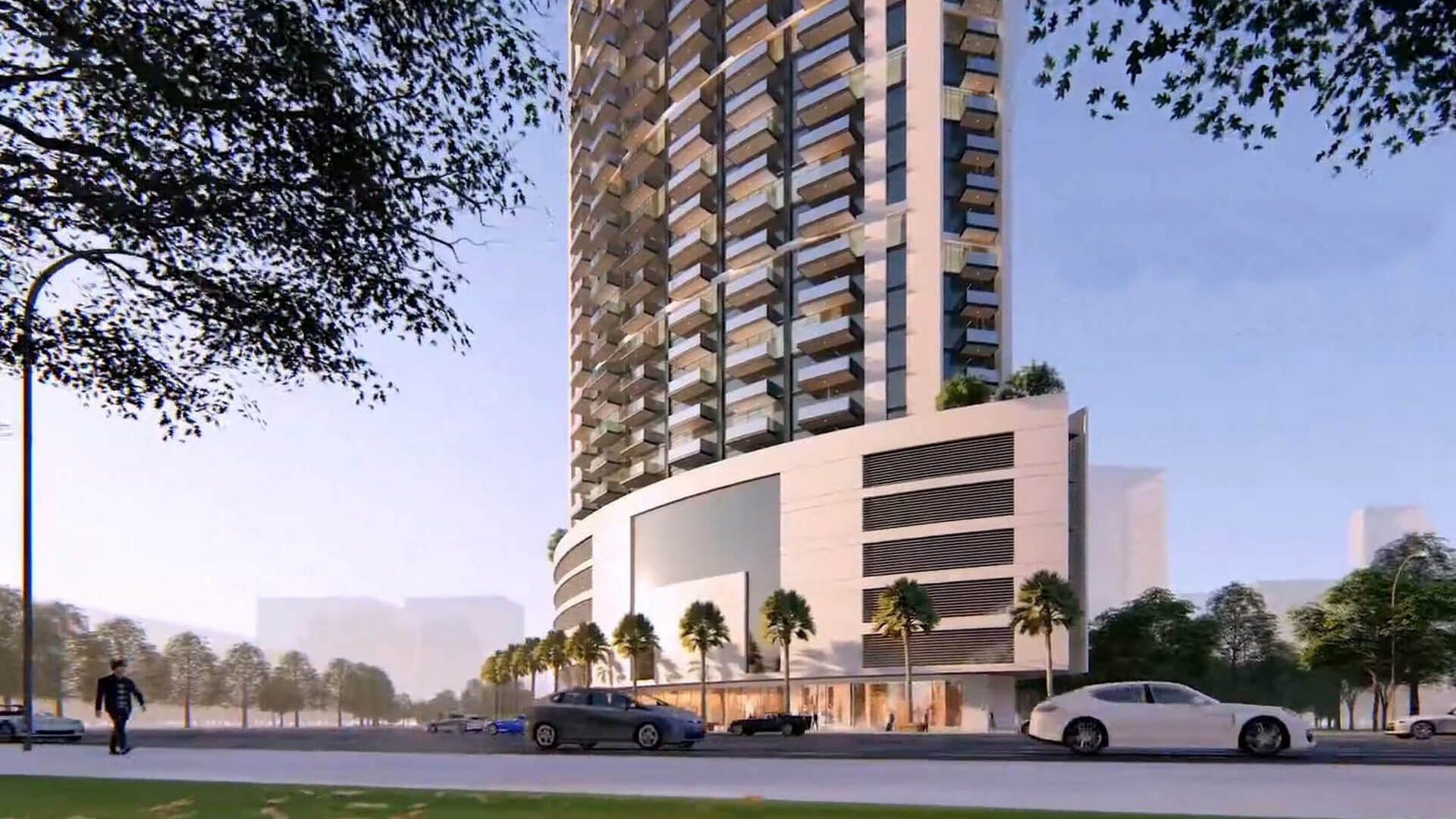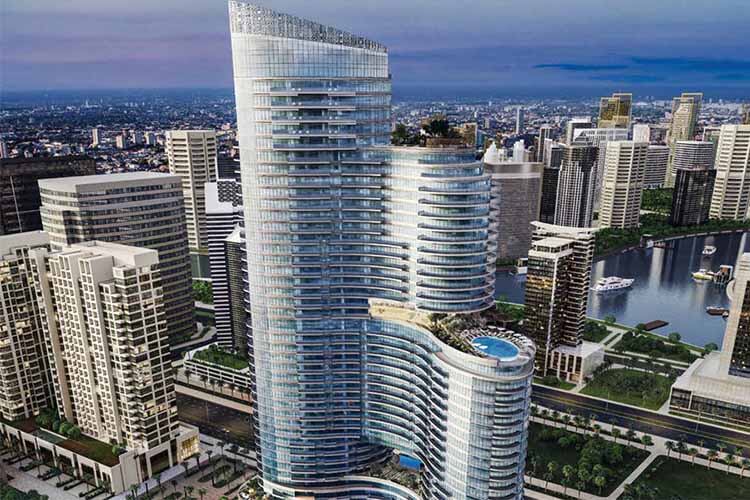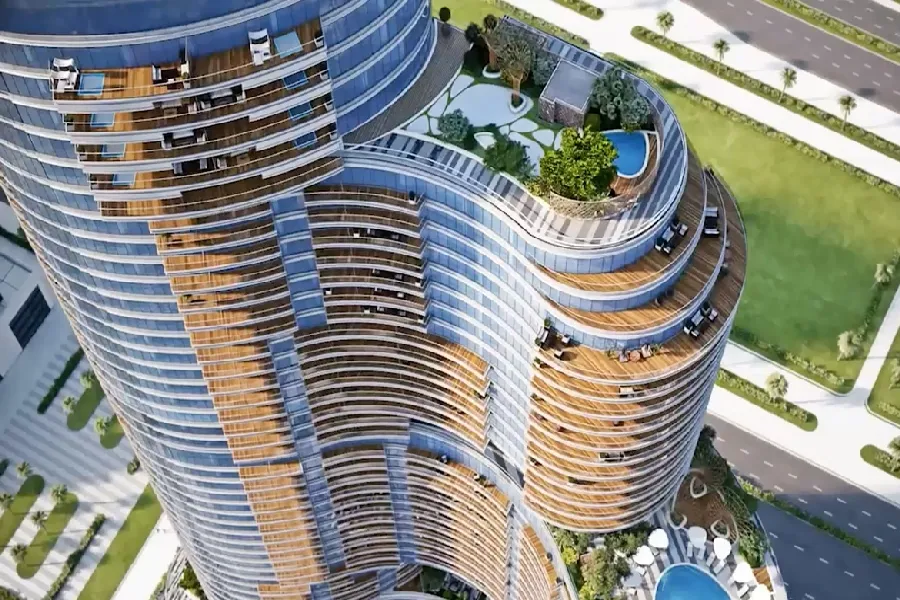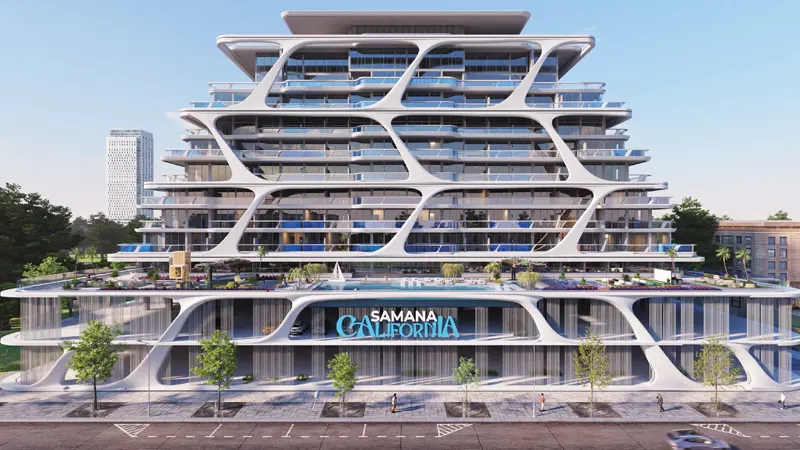- Fairmont Residences Dubai Skyline
- About Lavinia
- Advanced Search
- Agua Residences
- Alton
- Altus at Dubai Creek Harbour
- Art Bay
- Arya Residences
- Athlon Premium Villas
- Augusta
- AVA at Palm Jumeirah
- AVENEW 888
- Avra and Aurora
- Bay Grove Residences
- Bayz 102
- Beach Walk Residence 4
- Binghatti Aquarise
- Binghatti Skyfall
- Blog
- Breva
- Camden
- Canal Crown
- Compare Listings
- Contact
- Cove Edition 5
- Damac Islands
- Dashboard – Add Agent
- Dashboard – Add Property
- Dashboard – Agent List
- Dashboard – Favorite Properties
- Dashboard – Inbox
- Dashboard – Invoices
- Dashboard – Main
- Dashboard – Profile Page
- Dashboard – Property List
- Dashboard – Saved Searches
- Dashboard – Search Results
- Dashboard -Analytics
- developer page 2
- developer page 3
- Developers
- DWTN Residences
- Eltiera Heights
- Glorious Central Residence
- Glorious Central Residence
- Grand Polo Club & Resort
- home
- Horizon
- KORO One
- List Property
- LIV Marina
- Lumena
- Monaco Mansions
- Ocean Bay
- Off-Plan
- Off-Plan page – 3
- Off-Plan page – 4
- Off-Plan page – 5
- Off-Plan page – 6
- Off-Plan page – 7
- Off-Plan page – 8
- Off-Plan page 2
- Palace Villas Ostra
- Park Gate 2
- Privacy Policy
- Property Management
- Property Submit – Front
- Rent
- Rosehill
- Sale
- SAMANA Hills South
- search page
- Selvara
- Selvara
- Selvara
- Serenique Treppan
- Silva DCH
- Skyvue Stellar
- Sobha Solis
- Sobha Solis
- SPARKLZ
- Talea
- Terms of Use
- test 5
- The Lofts
- The Wilds Moringa Mansions
- Trump International Hotel & Tower Dubai
- tst
- Velor
- Velos Residences
- WpEstate CRM
- WpEstate CRM Contacts
- WpEstate CRM Leads / Inquires
8 Modern Property Management Solutions for Dubai Real Estate
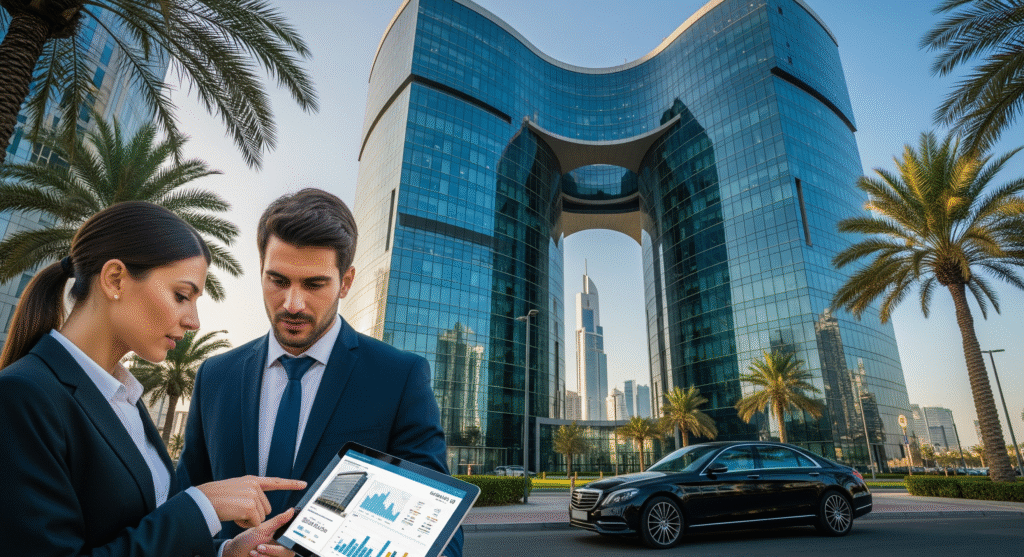
Property management in Dubai has moved far beyond basic maintenance services. Today's innovative solutions combine technology, legal expertise, and market insights to maximize property values and returns. From digital documentation systems to cryptocurrency transactions, these advancements are changing how Dubai's real estate assets are maintained, marketed, and monetized. The integration of smart technologies, artificial intelligence, and sustainable practices has made property management much more efficient, creating better value for investors, owners, and tenants alike.
| Feature | Benefit | Impact | | Digital Documentation Systems | Secure storage and easy access to property documents | Reduces paperwork by 40% and minimizes fraud risk | | Smart Maintenance Technology | Real-time monitoring and predictive maintenance | Extends property lifespan and reduces repair costs by 25% | | Automated Financial Management | Streamlined rent collection and expense tracking | Improves cash flow by 30% and provides detailed financial insights | | Cryptocurrency Integration | Alternative payment methods for global investors | Reduces transaction times from days to minutes and lowers fees by 15% | | Virtual Property Tours | Remote property viewing and management | Expands investor reach by 60% and accelerates leasing processes | | AI-Powered Tenant Matching | Data-driven tenant selection and retention | Decreases vacancy periods by 35% and reduces problematic tenancies | | Sustainable Management Practices | Resource optimization and eco-friendly solutions | Cuts utility costs by 20% while enhancing property value | | Enhanced Security Systems | Advanced access control and surveillance | Increases tenant satisfaction by 40% and protects property value |
Key Takeaways
| Feature | Benefit | Impact | | Digital Documentation Systems | Secure storage and easy access to property documents | Reduces paperwork by 40% and minimizes fraud risk | | Smart Maintenance Technology | Real-time monitoring and predictive maintenance | Extends property lifespan and reduces repair costs by 25% | | Automated Financial Management | Streamlined rent collection and expense tracking | Improves cash flow by 30% and provides detailed financial insights | | Cryptocurrency Integration | Alternative payment methods for global investors | Reduces transaction times from days to minutes and lowers fees by 15% | | Virtual Property Tours | Remote property viewing and management | Expands investor reach by 60% and accelerates leasing processes | | AI-Powered Tenant Matching | Data-driven tenant selection and retention | Decreases vacancy periods by 35% and reduces problematic tenancies | | Sustainable Management Practices | Resource optimization and eco-friendly solutions | Cuts utility costs by 20% while enhancing property value | | Enhanced Security Systems | Advanced access control and surveillance | Increases tenant satisfaction by 40% and protects property value |
1. Digital Documentation Management Systems
Paper files are now a thing of the past. Modern property management in Dubai uses digital platforms that securely store and organize all important property documents. This makes it much easier for property owners to access important papers like passport copies, Emirates ID, and No Objection Certificates whenever needed. These digital archives help property managers follow Dubai Land Department rules while cutting down on paperwork and preventing document loss.
These digital systems also make sharing documents between property managers, owners, and tenants much simpler. Whether it's contract renewals or maintenance requests, everything can be handled electronically. Some luxury developments like Nobles Tower in Business Bay are now using blockchain technology to make document management even more secure, reducing the risk of fraud in property deals. The unchangeable nature of blockchain records creates a permanent history of all property transactions, providing better security for expensive real estate. Experts say that digital documentation systems can reduce processing times by up to 70% compared to paper methods, making property management companies much more efficient.
2. Smart Property Maintenance Solutions
Smart maintenance systems have changed how buildings are kept in top condition. Using IoT (Internet of Things) sensors, property managers can now monitor building systems in real-time, catching problems before they become serious. For high-end developments like Imperial Avenue, these systems track everything from air conditioning performance to water usage. Advanced analytics can spot small changes in equipment that might mean future problems, allowing maintenance teams to fix issues before they cause damage. This approach not only makes building systems last longer but also cuts down on emergency repair costs, which can be three times more expensive than planned maintenance.
Mobile apps now allow property managers to get instant alerts when something needs fixing. They can quickly assign tasks to the right technicians and keep track of repairs. This tech-focused approach helps buildings last longer and keeps tenants happy. For luxury properties like The Chedi Private Residences, keeping fancy amenities like pools and gyms in perfect condition is essential to maintain their premium status. The connection between building management systems and maintenance platforms creates a complete system that uses resources better, reduces downtime, and ensures quality across all building systems. Studies show that smart maintenance solutions can reduce overall maintenance costs by 15-25% while making tenants happier through faster fixes and fewer disruptions.
3. Automated Financial Management Systems
Managing money is a big part of property management, and digital solutions have made this much easier. Modern property management platforms now include financial tools that automate rent collection, track expenses, and create detailed financial reports. These systems connect with banks to process payments securely, making rent collection more reliable while reducing paperwork. Advanced revenue management systems can analyze market conditions and tenant histories to set better rental prices, potentially increasing rental income by 3-7% through smart pricing. These platforms also provide detailed cash flow forecasts and analysis tools that help property owners make better investment decisions.
Understanding service charges is important for financial planning. In Dubai, these charges typically range from AED 2 to AED 30 per square foot, with apartments usually having higher charges than villas. Automated financial systems help track these expenses and provide data on which properties give the best returns. Projects like Binghatti Azure in JVC, which offers attractive payment plans (70/30), can be efficiently managed through these automated systems. The use of blockchain-based smart contracts is starting to change financial transactions in property management, automatically processing payments when certain conditions are met, such as rent due dates or service completion. This technology eliminates payment delays and disputes while creating a permanent record of all financial transactions for accounting purposes.
4. Cryptocurrency Integration for Property Transactions
Dubai has become a leader in accepting cryptocurrency for property deals, creating new opportunities for international investors. Several developers now accept digital currencies, which makes cross-border investments faster by avoiding traditional banking delays and reducing transaction costs. Dubai's progressive regulatory framework, established through the Virtual Assets Regulatory Authority (VARA), has created a secure environment for cryptocurrency real estate transactions while maintaining compliance with international anti-money laundering standards. This regulatory clarity has positioned Dubai as a global pioneer in cryptocurrency property transactions, attracting tech-savvy investors from around the world.
Using cryptocurrency to buy property in Dubai offers advantages like faster processing, lower fees, and more privacy. However, buyers need to understand the legal requirements, including anti-money laundering rules and proper documentation for tax purposes. Property management platforms now include cryptocurrency payment options, allowing tenants to pay rent and service charges using digital currencies. For developments like Samana California, which offers attractive payment plans (25/75), cryptocurrency payments provide extra convenience for international investors. The integration of stablecoins pegged to major currencies has helped mitigate the volatility concerns that previously limited cryptocurrency adoption in real estate transactions. This innovation provides the benefits of blockchain-based transactions while reducing the exchange rate risks that deterred more conservative investors. Industry experts predict that cryptocurrency transactions could represent up to 30% of Dubai's luxury property market by 2025, reflecting growing mainstream acceptance of digital currencies in high-value asset transactions.
5. Virtual Property Tours and Remote Management
Virtual technologies have changed how properties are marketed and managed, allowing people to view, monitor, and make decisions about properties without being physically present. High-quality 3D virtual tours have become standard for premium developments like The Woodland Residences, letting potential buyers and tenants explore properties in detail from anywhere in the world. These immersive experiences utilize photogrammetry and LIDAR scanning technology to create dimensionally accurate digital twins of properties, allowing potential buyers to take precise measurements and visualize furniture placements remotely. The COVID-19 pandemic accelerated the adoption of these technologies, transforming them from marketing novelties to essential tools for property transactions in a globally connected market.
Remote property management systems let owners keep an eye on their investments from afar, getting real-time updates on occupancy, maintenance issues, and financial performance. This is especially valuable for international investors who may live outside the UAE. For luxury developments like Majestine by Damac Properties in Business Bay, virtual technologies showcase premium amenities and stunning views, helping justify the premium pricing to potential investors evaluating options remotely. Advanced augmented reality applications now allow potential buyers to visualize customization options and interior design changes in real-time during virtual tours, significantly enhancing the pre-purchase experience. Remote monitoring dashboards provide property owners with comprehensive oversight of all operational aspects, from occupancy rates and tenant satisfaction metrics to maintenance schedules and financial performance indicators. These integrated platforms transform property management from a reactive service to a data-driven strategic function that maximizes returns while minimizing owner involvement.
6. AI-Powered Tenant Matching Systems
Artificial intelligence is making the tenant search process smarter and more efficient. AI-powered platforms analyze lots of data to match properties with the most suitable tenants based on rental history, lifestyle preferences, and financial stability. This targeted approach helps reduce empty periods and minimizes the risk of problem tenants. Machine learning algorithms continuously improve matching accuracy by analyzing thousands of successful tenancies and identifying the subtle factors that contribute to long-term tenant satisfaction and retention. These systems consider over 50 different variables when evaluating tenant-property compatibility, far exceeding the analytical capabilities of traditional manual screening methods.
For developments like Binghatti Azure in JVC, which offers luxury apartments starting from USD 375K, AI matching helps attract tenants who will appreciate and maintain its premium features. Advanced screening systems evaluate potential tenants' credit history, rental background, and other factors, giving property managers detailed risk assessments. This data-driven approach reduces the chance of payment problems and property damage, protecting the owner's investment. Behavioral analysis algorithms can identify patterns that indicate high-quality long-term tenants, allowing property managers to prioritize applicants likely to renew leases and maintain properties in excellent condition. Some advanced systems now incorporate natural language processing to analyze communication styles and preferences, ensuring better compatibility between property managers and tenants. Industry data suggests that AI-powered tenant matching can reduce vacancy periods by up to 30% while decreasing tenant turnover by 25%, creating significant financial benefits for property owners.
7. Sustainable Property Management Practices
Sustainability has become a major focus in modern property management, driven by environmental concerns and the potential for cost savings. Innovative property management solutions now include energy management systems that monitor and optimize consumption, reducing utility costs while minimizing environmental impact. In luxury developments like The Chedi Private Residences, these systems maintain comfort while using resources efficiently. Advanced building automation systems can dynamically adjust lighting, heating, cooling, and ventilation based on occupancy patterns and environmental conditions, achieving energy savings of 20-30% without compromising comfort or convenience. The integration of renewable energy sources, particularly solar power, is becoming increasingly common in Dubai's property management strategies, with many developments now incorporating photovoltaic systems to offset grid electricity consumption.
Water conservation technologies, including smart irrigation systems and water recycling facilities, are being implemented across Dubai properties to reduce consumption. These innovations are particularly valuable in a region where water scarcity is a significant concern. For new developments like Olfah by Alef Group in Sharjah, which features a walkable car-free community, sustainable design principles are built in from the start, creating healthier living environments while reducing the ecological footprint. Greywater recycling systems can reduce freshwater consumption by up to 40% in residential buildings, providing significant environmental and economic benefits. Waste management solutions that incorporate sorting, recycling, and composting capabilities are becoming standard in progressive property management approaches, reducing landfill contributions while potentially generating additional revenue streams. The growing emphasis on sustainability is also reflected in tenant preferences, with surveys indicating that up to 70% of Dubai's high-income renters now consider environmental features when selecting properties, making sustainable management practices a competitive advantage in the premium market segment.
8. Enhanced Security Management Systems
Security is a top priority for property owners and tenants in Dubai, and new management solutions are raising security standards across the city's real estate. Advanced access control systems using biometric authentication, smart cards, or mobile credentials are now common in premium developments like Nobles Tower in Business Bay. These systems provide secure yet convenient access for residents while keeping detailed records of who enters and exits. Multi-factor authentication protocols significantly reduce unauthorized access risks while maintaining convenience through smartphone integration. The latest systems can even recognize registered vehicles and automatically grant parking access, creating a seamless experience for residents while maintaining comprehensive security logs.
Integrated surveillance networks combining high-definition cameras with AI-powered analytics can spot unusual activities and potential security threats, alerting security personnel before incidents happen. This proactive approach improves resident safety while reducing the need for extensive security staffing. For luxury properties like Majestine by Damac Properties, comprehensive security solutions protect not only the residents but also the significant investment these premium properties represent. Facial recognition systems can identify authorized residents and expected visitors while flagging unknown individuals for additional verification. Advanced behavioral analytics can detect unusual patterns that might indicate security concerns, such as someone lingering in common areas for extended periods or attempting to access restricted zones. Cybersecurity has also become a critical component of property security systems, with dedicated protocols protecting smart building systems from potential hacking attempts that could compromise physical security or resident privacy. The integration of these technologies creates a comprehensive security ecosystem that provides peace of mind for residents while minimizing intrusion on daily life.
- 40% reduction in administrative tasks through property management software
- 10-15% reduction in energy costs through IoT integration
- 30% increase in leasing speed with virtual property tours
- 25% increase in operational efficiency through AI implementation
- 20% higher tenant retention rates with digital communication platforms
Conclusion: The Future of Property Management in Dubai
The evolution of property management solutions continues to transform Dubai's real estate landscape, creating new opportunities for investors and improving experiences for tenants and property owners. As technology advances and market demands change, we can expect further innovations that streamline processes, reduce costs, and enhance property values. The integration of artificial intelligence will likely extend beyond current applications to include predictive maintenance systems that can forecast equipment failures months in advance and automated tenant service platforms that resolve common issues without human intervention. The continued development of the Internet of Things will create increasingly connected buildings where all systems communicate seamlessly, optimizing performance while providing unprecedented levels of comfort and convenience.
For investors considering Dubai's real estate market, understanding effective property management is crucial to maximizing returns and preserving asset value. From luxury developments like The Woodland Residences to more accessible options like Samana California, the quality of property management significantly impacts the overall investment experience. The growing emphasis on data analytics in property management will provide investors with increasingly sophisticated insights into market trends, tenant preferences, and operational efficiencies, enabling more strategic decision-making. As Dubai continues to attract global investment, property management platforms will likely incorporate more multilingual capabilities and culturally adaptive features to serve an increasingly diverse owner and tenant population. The evolution toward fully integrated property management ecosystems that seamlessly connect all aspects of ownership—from acquisition and financing to management and eventual sale—will create unprecedented convenience and transparency for investors at all levels.
The integration of blockchain technology, artificial intelligence, and IoT solutions will likely drive the next wave of property management innovations, creating even more efficient, transparent, and responsive systems. As Dubai continues to position itself as a global real estate hub, these cutting-edge management solutions will remain a competitive advantage for developers, property managers, and investors alike. The emirate's progressive regulatory environment continues to encourage technological innovation while maintaining necessary consumer protections, creating an ideal ecosystem for property management advancement. As sustainability becomes increasingly important to global investors, Dubai's property management industry will likely accelerate the adoption of green technologies and practices, potentially establishing new global standards for eco-friendly real estate operations. The combination of technological innovation, regulatory support, and market demand positions Dubai at the forefront of property management evolution, creating significant opportunities for forward-thinking investors and service providers in this dynamic market.
